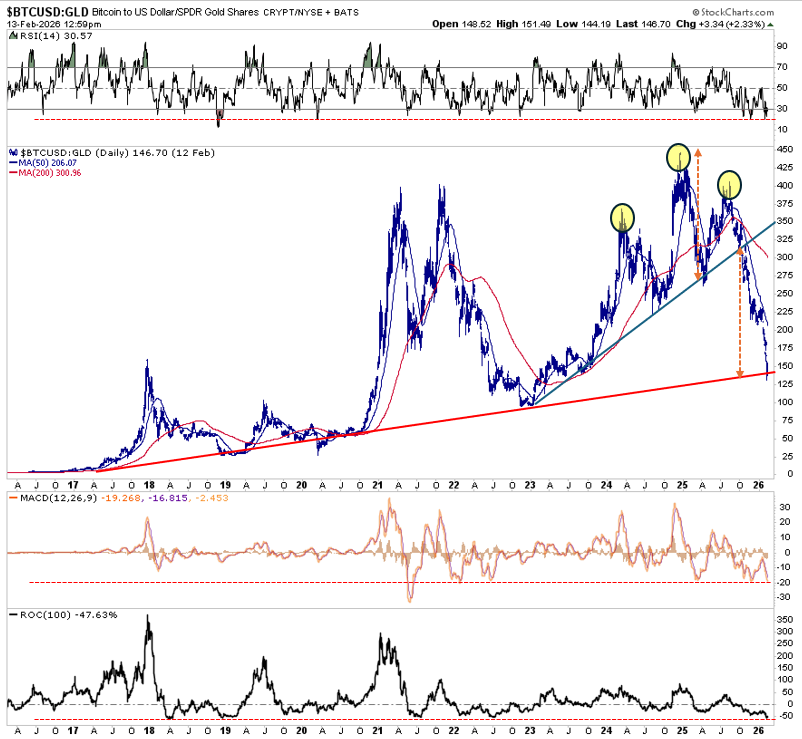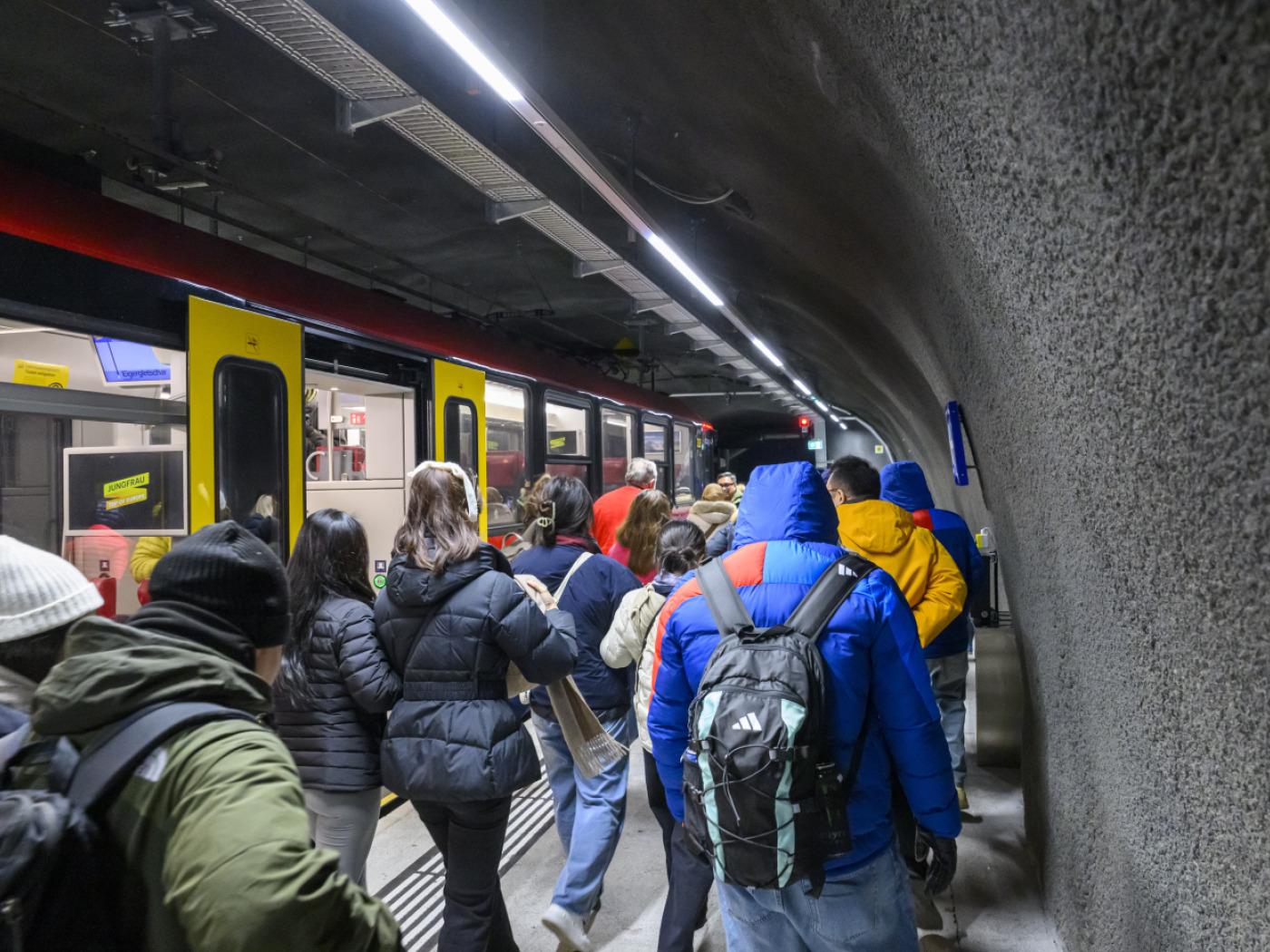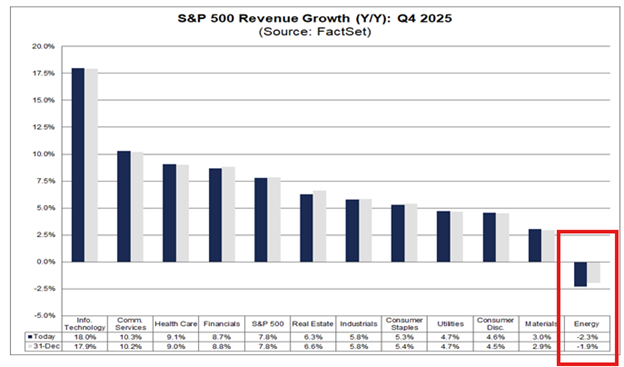 One of the most important principles of economics is that people respond to incentives. You get more of whatever you incentivize. You get less of whatever you disincentivize. This is irrefutable. The supplemental unemployment payment does both—it incentivizes people not to work, and simultaneously disincentivizes them from working.
One of the most important principles of economics is that people respond to incentives. You get more of whatever you incentivize. You get less of whatever you disincentivize. This is irrefutable. The supplemental unemployment payment does both—it incentivizes people not to work, and simultaneously disincentivizes them from working.
The number of people who have dropped out of the labor force in Colorado, those who are not actively seeking employment, remains near record highs even as open jobs go begging. Employers cannot find sufficient workers to restart their businesses, or to expand existing operations back to full capacity. They face higher costs by having to entice people out of unemployment. After a full year of partial economic lockdown in Colorado, this is holding back our recovery.
According to U.S. government data, total employment in Colorado has yet to return to pre-lockdown levels. Personal income in Colorado has yet to return to pre-lockdown levels. Real GDP in Colorado has yet to return to pre-lockdown levels. Furthermore, employment and income losses are concentrated among the poor and minorities. The last thing they need is an increased incentive not to work.
Another important economic principle is that income is created by production. When fewer people work and fewer businesses operate at capacity, it is axiomatic that less income is produced. Government payments in lieu of earned income may help some individuals in the short run, but it harms the economy as a whole in the long run. One dollar of supplemental unemployment does not have the same economic impact as one dollar of production-based earned income.
Progressives imagine that they can ignore the laws of economics. But they cannot ignore the consequences of ignoring the laws of economics. They imagine that their policies, that pay people not to work, do not result in fewer people working. They are shocked, shocked, at the very suggestion.
With supplemental benefits, many people receive more in unemployment than they earned in their previous job. And, although even more people receive less in unemployment that at their previous job, the differential at the margin is frequently not enough to incentivize a return to work. A recent article in the Wall Street Journal makes my point, “Unemployment Rolls Shrink Faster in States Cutting Aid.” Businesses see an increase in job applications as jobless aid is reduced. That is based on data—what used to be called “science.”
Even for those who receive more in unemployment than by working, the short-term money cannot make up for the long-term loss of moving up the employment ladder, achieving seniority, and earning raises. At a sociological level, the loss of earned self-esteem that comes from gainful employment is incalculable. Generational damage will occur from children not observing the social benefits of employed parents.
The unintended economic consequences to Colorado of paying people not to work go far beyond the immediate impact of reduced employment. From where will the money come? Taxes on job creators? That harms all Coloradans as fewer jobs will be created. The government printing press? That harms all Coloradans through increased inflation. From Communist China buying more U.S. Treasury debt? That harms all Coloradans by making us more beholden to a country that has shown itself to be a global enemy of freedom.
I am reminded of a saying by one of my favorite economists, Murray Rothbard, “It is no crime to be ignorant of economics, which is, after all, a specialized discipline and one that most people consider to be a ‘dismal science.’ But it is totally irresponsible to have a loud and vociferous opinion on economic subjects while remaining in this state of ignorance.”
Reprinted with the author’s permission.
Full story here Are you the author? Previous post See more for Next postTags: Featured,newsletter































